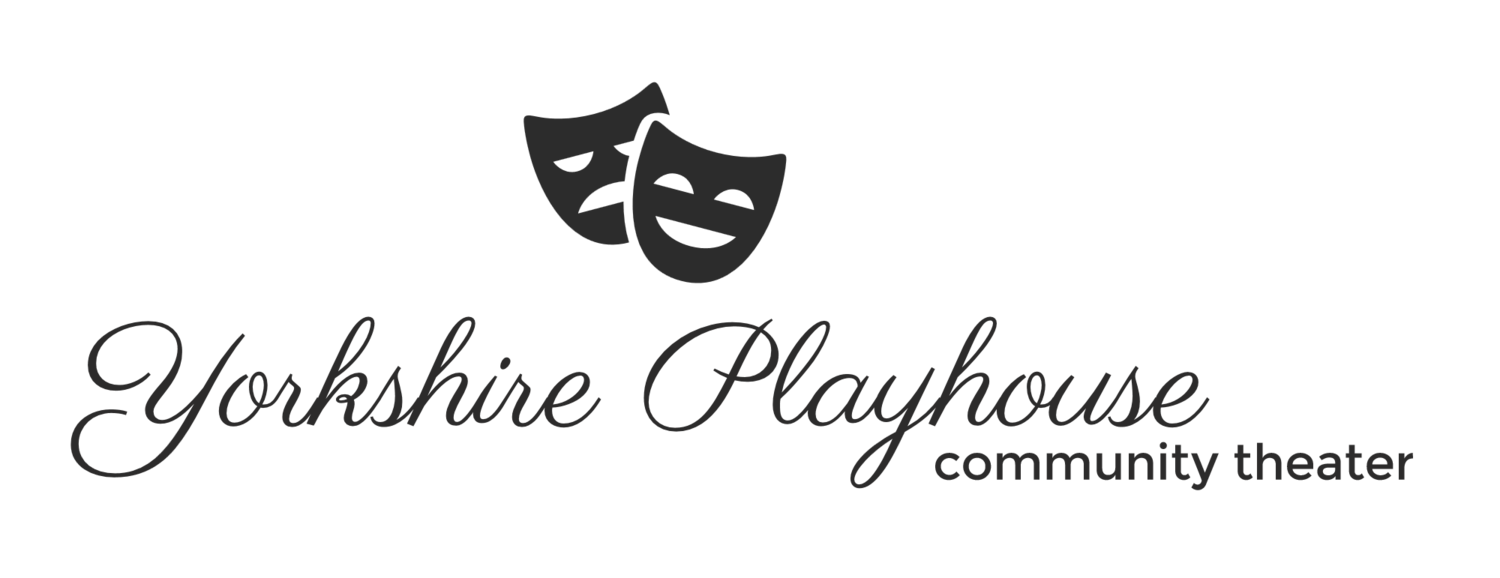Theatre: When Feeling is Healing
/Theatre is meant to disrupt, truth-tell, and heal.
Theatre disrupts by making us uncomfortable; by unapologetically telling the truth; by granting us space to feel, process, and heal.
At a base level, theatre speaks to the very fibers of humanity--the language of emotion, experience, evolution. Whether the subject breeds deep introspection or sparks juvenile laughter it evokes emotion. Is this not why we go to the theatre?
To escape. To feel empathy. To chuckle. To discover. To wonder. To engage in something communally. To remember we are human. To embrace rarity. To enjoy. To connect. To feel differently than when in a screening room or with headphones on. To experience.
We all need these things. They're innate; natural cravings. And we all, from time to time, need to heal.
Emotion is the great unifier of all demographics and contexts. We feel and are all directly affected by the contagious energies of those feeling around us. Such is arguably our most primal sense. Motivating the very pursuit of creative endeavors--translating emotion into the common language of shared experiences. Seth Godin testifies as such:
“Art has been around for a really long time. Music has been around for a really long time. Painting and sculpture and plays have been around for a really long time...It used to be, you didn’t become an artist to become rich, you became an artist because you had an idea to share, because you had an emotion to share.”
There may be nothing more potent than owning an story to share. If nothing else, theatre can be described as perhaps the most unique way in which a story if owned and shared.
Within theatre specifically--the capturing of emotion and releasing its contagious spirit is at its most visceral and immediately effective. The theatre is a forum; an enveloping exploration of ultimate concerns, and the human experience touching on interpersonal relationships. With this potential lacing the fibers of theatre, is it not a wonder why we need theatre; why we need art? Theatre is speaks to that which is most primal within us--our desire to feel, to be connected, and to translate emotion. It is through this process--and through such experiences--that we are able to (finally) heal.
Feeding primal tendencies of human spirit is a reason why art stands the test of time; why art remains a testament of humanity’s evolution; why theatre ever serves as a pillar within social change. We humans have ambitions, and dreams. Such experiences are what make us human and what makes theatre resonate. Theatre is the living, imagining, struggle, and celebration of life served as an experience unlike any other. This is why we find theatre as a prime avenue of emotional discovery. Anne Bogart, one of America’s most accomplished directors, eloquently captures the sentiment thusly:
"Art, like life, is understood through experience, not explanation.
As theatre artists, we cannot create an experience for an audience; rather, our job is to set up the circumstances in which an experience might occur. Artists are always dependent upon the person at the receiving end of their work...
We issue an invitation. We hope that we have left enough clues so that the audience will pick up the trail where we leave off."
If through the experience of creating and collaboration we have not been inspired, confused, reminded, or triggered we must ask ourselves: Have we even created? For art is the language of emotion, the nectar of intellect, the soil for spirituality. Art changes. And theatre a vehicle of healing unlike any other. Whether shallow or profound--it changes those that make and consume.


